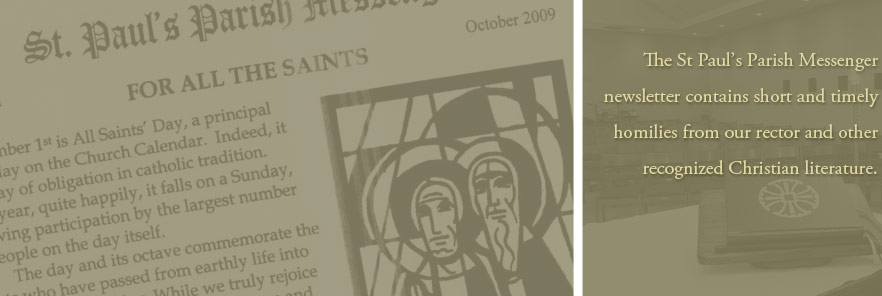In speaking a word of encouragement to his disciples just prior to his crucifixion, and looking beyond subsequent post-Easter resurrection appearances to the Day of Pentecost, Jesus said to them, “If you love me, keep my commandments. And I will pray the Father, and he will give you another Counselor, even the Spirit of truth. I will come to you!”
They desperately needed this. Whereas they’d given up everything to follow him; now everything seemed to be falling apart. They needed to know that indeed there would be life for him after death on the Cross, and that there would be a place for them in an ongoing ministry in his Name.
Assuring them that they would not be disappointed, he even adds “Because I live, you will live also.”
Luke tells us, moreover, that in a final resurrection appearance, just prior to going off into the heavens, he gave his close followers directions to go to Jerusalem, where they would be clothed for such future ministry “with power from on high.”
It’s a matter of history that just that occurred on the Feast of Pentecost some days later. The promised Spirit of truth came upon them in the form of power – power that would lead them into all truth about himself, and power to proclaim it boldly for all who would believe in him for the forgiveness of their sins.
Consequently, Peter’s preaching that day, that Jesus was “both Lord and Christ,” resulted in 3,000 conversions. Not only so, but all who were baptized in the Lord’s Name that day were promised by Peter that they too would receive the Spirit of truth and power. It was the birthday of the Church!
This new counselor or advocate, this truth and power for the age of Christ’s Church has certainly been awesome, but by no means automatic. He sets forth a clear condition. He says it will be prayed for – reserved for those who love him and keep his commandments.” Or, the other way around. Either way, his promise is that he’ll dwell with, lead into all truth, and feed now and throughout all
eternity those who accept, obey, and guard the way of God’s love laid out on the Cross.
With the disciples, let’s too go to Jerusalem and look forward to Pentecost. Let’s also mark the birthday of the Church. Let’s likewise renew our love for the Lord Christ And let’s ready ourselves to take the power of the Spirit from on high.
– JR Hiles
Adapted from a sermon on John 14.15-21 – 5/14/06

